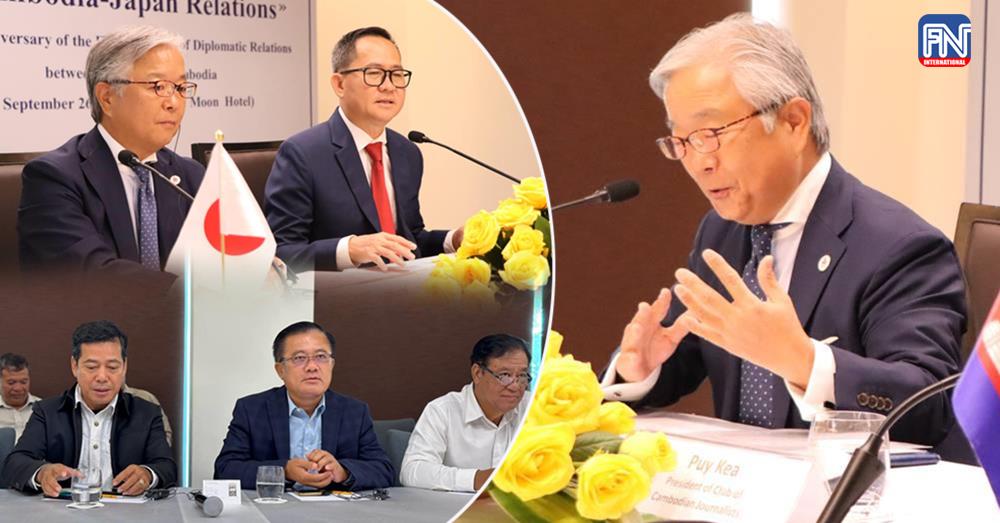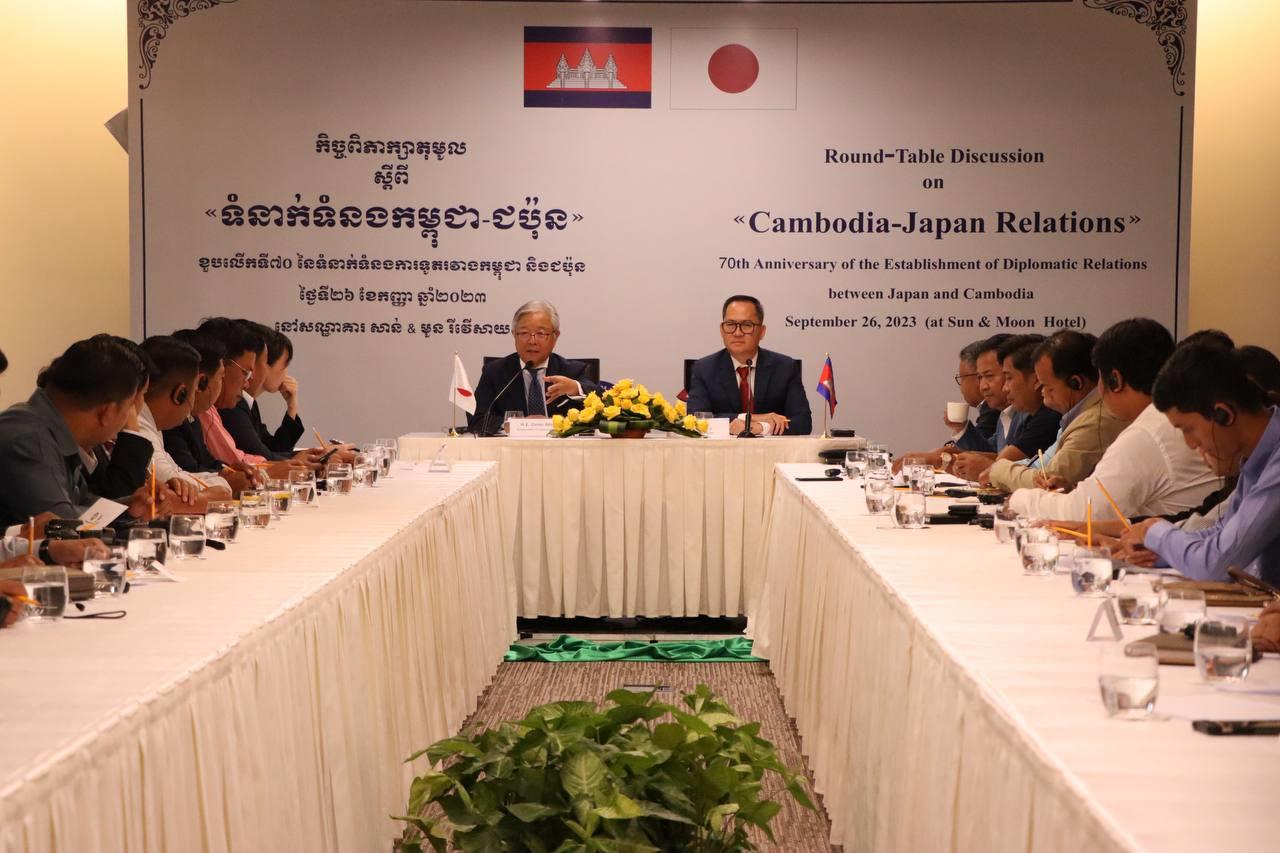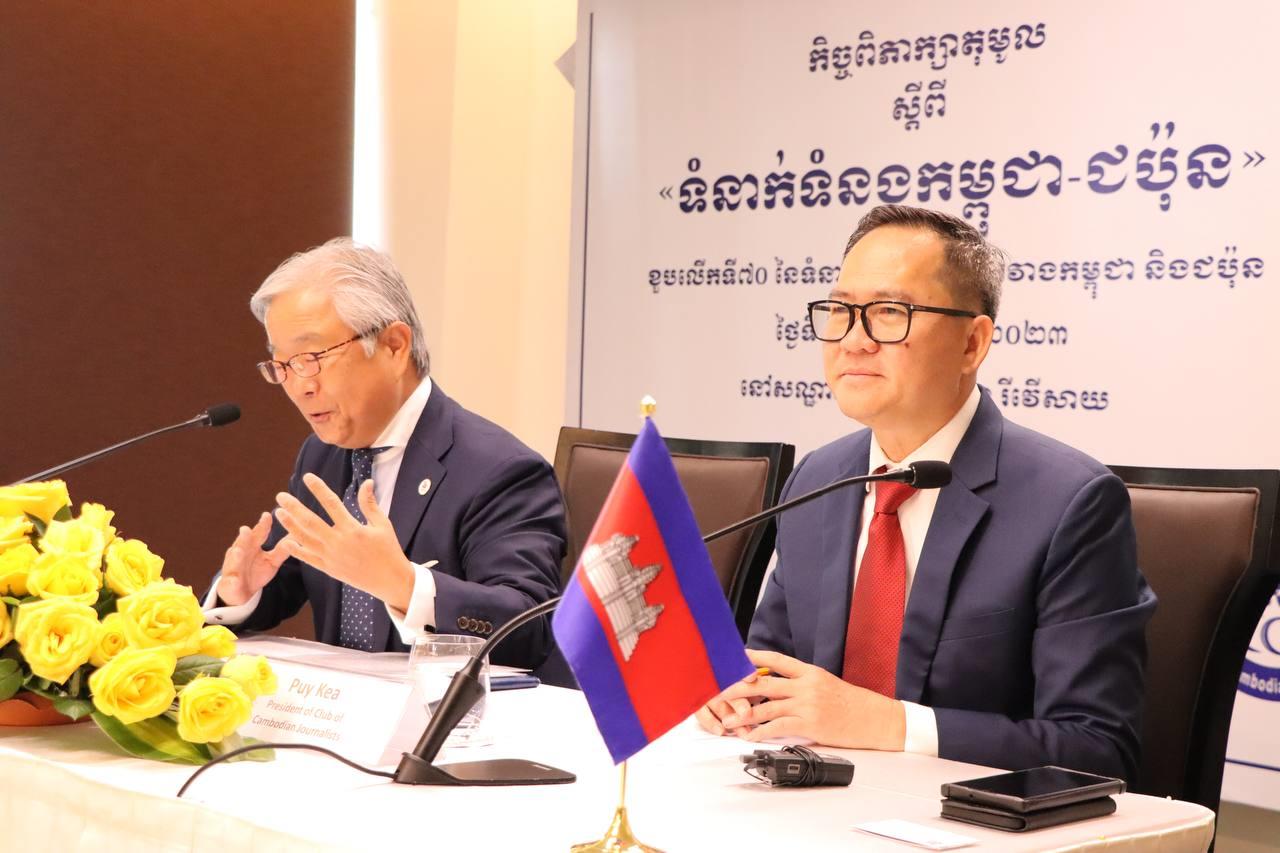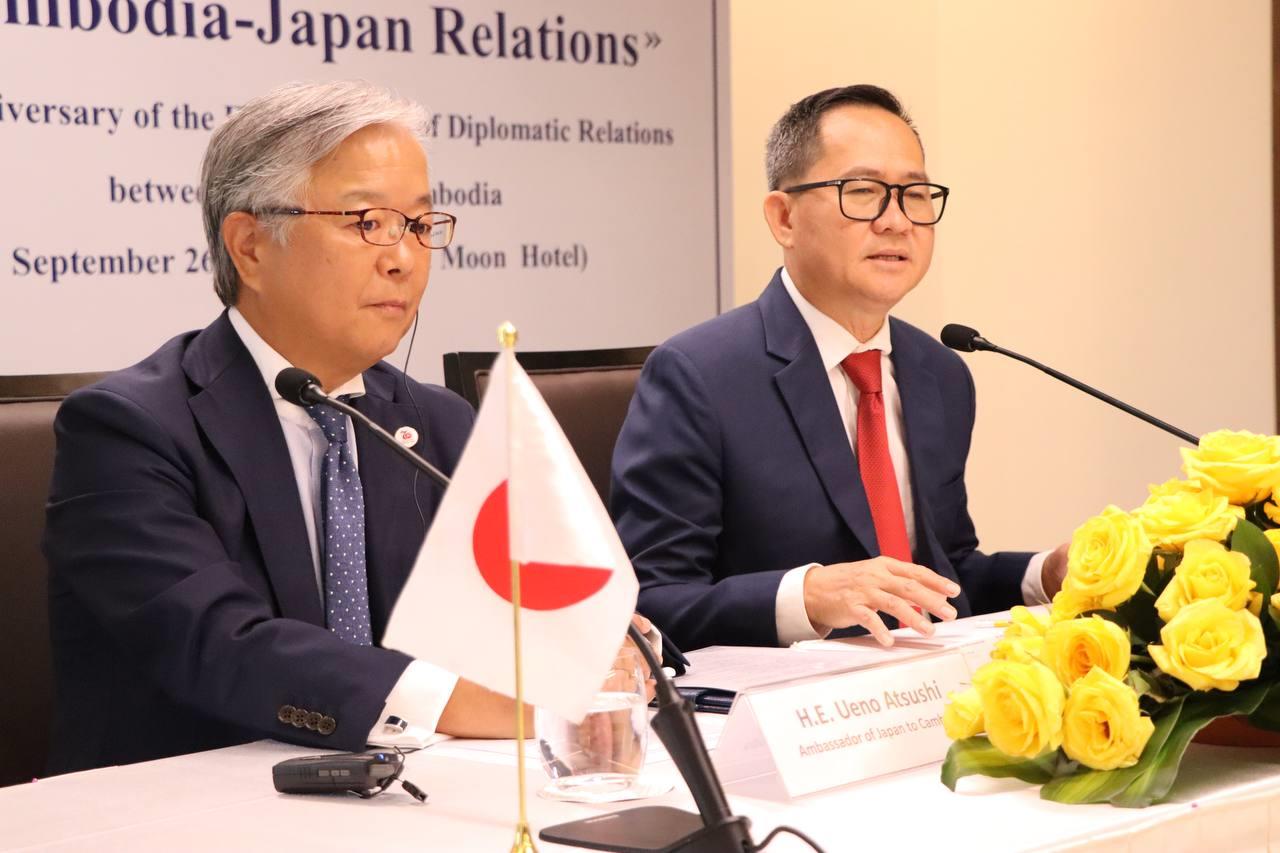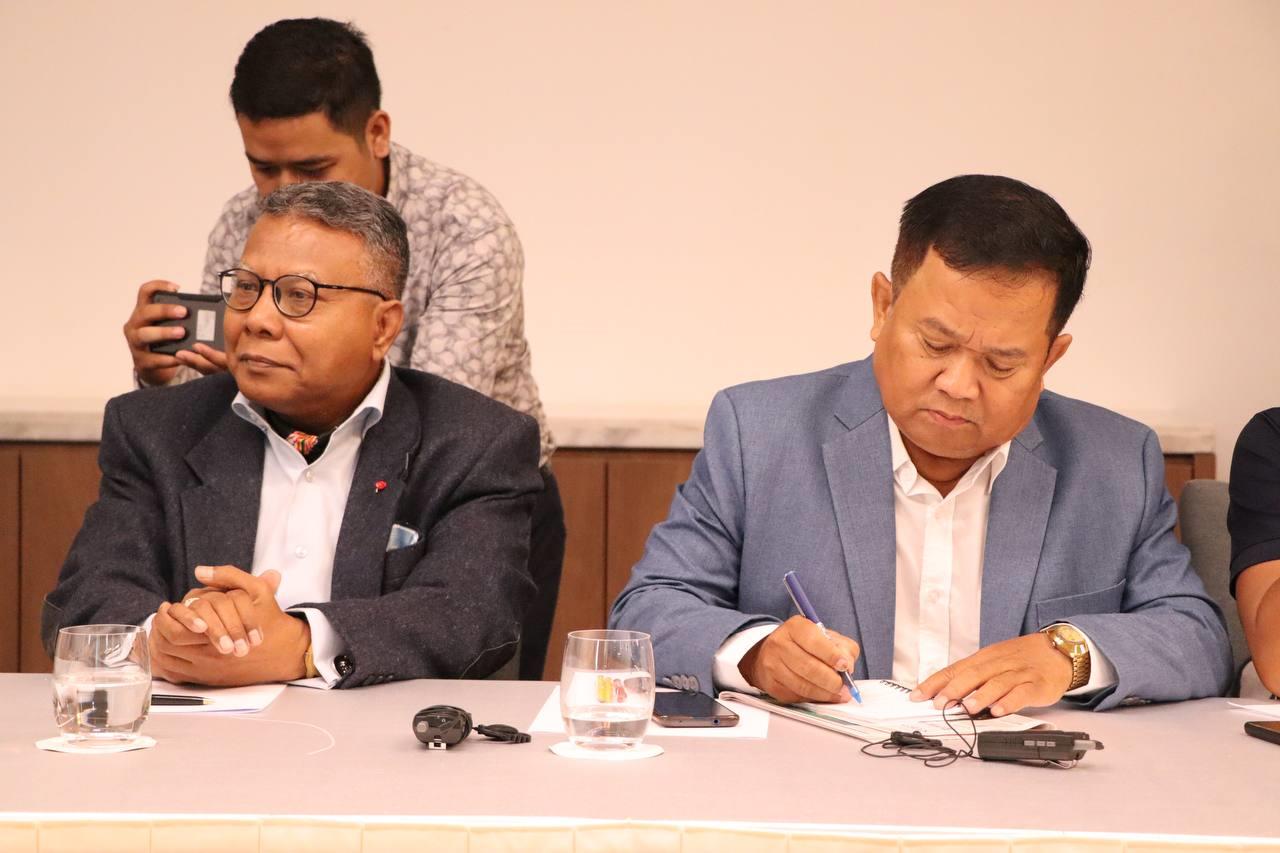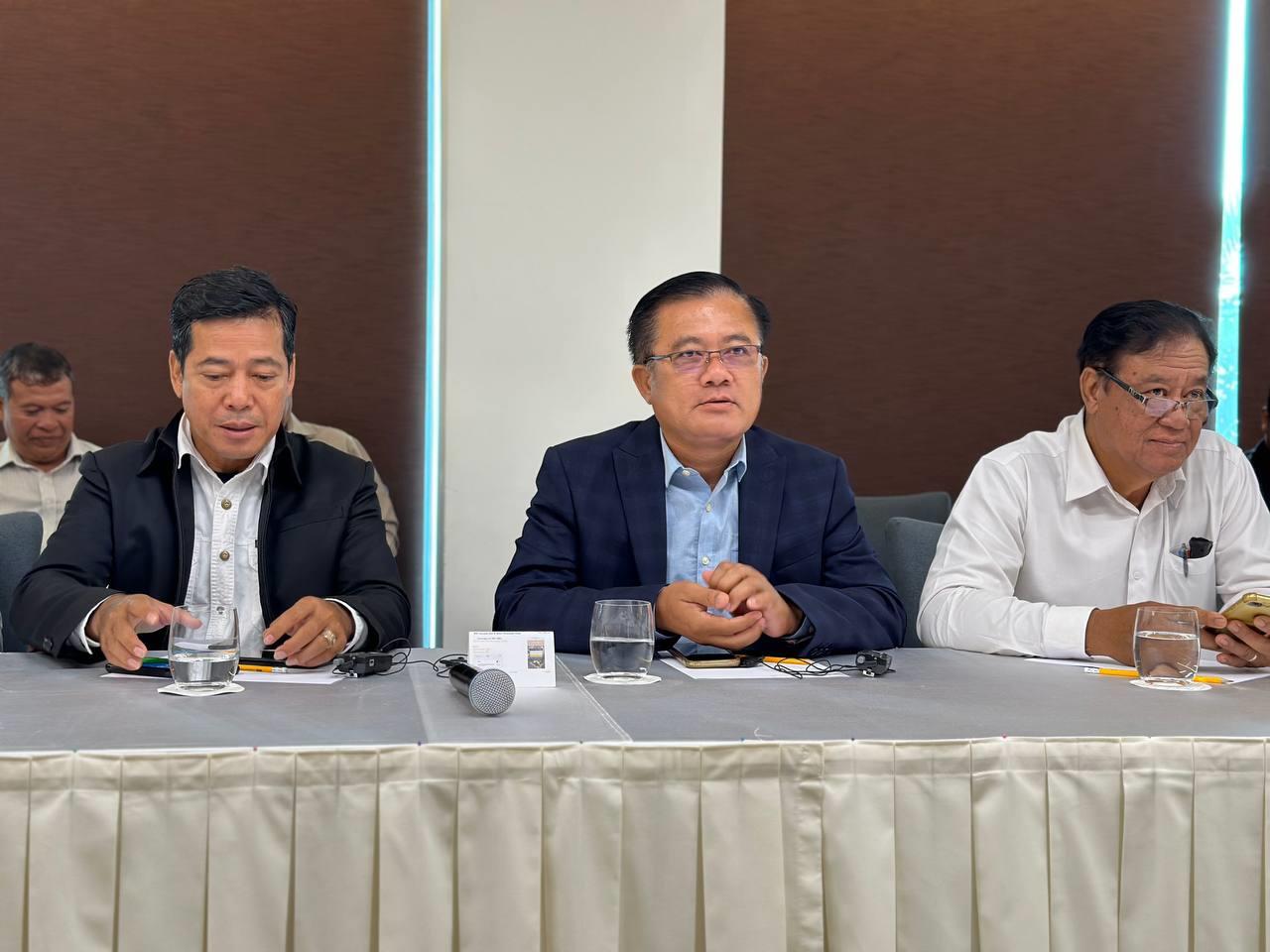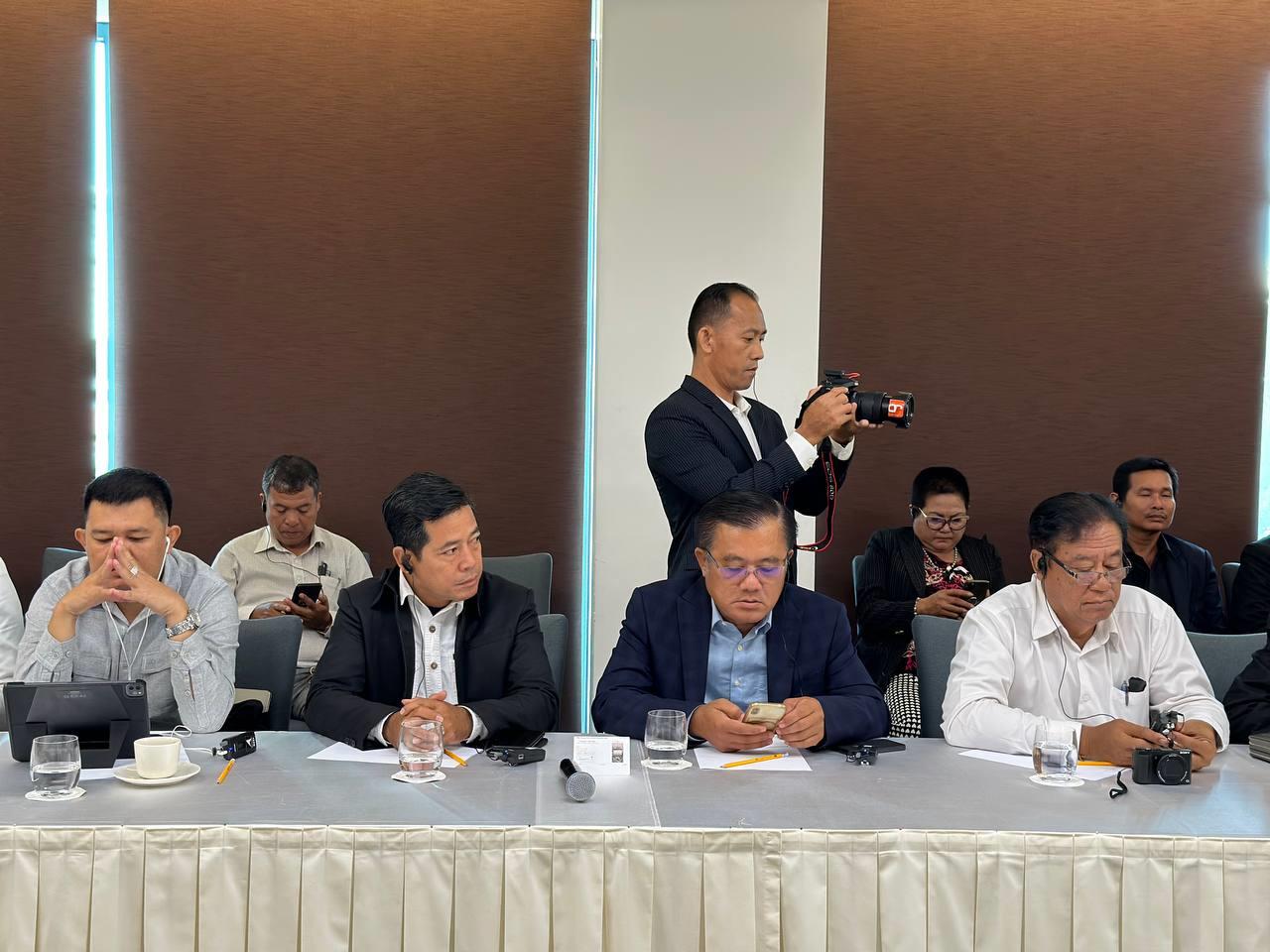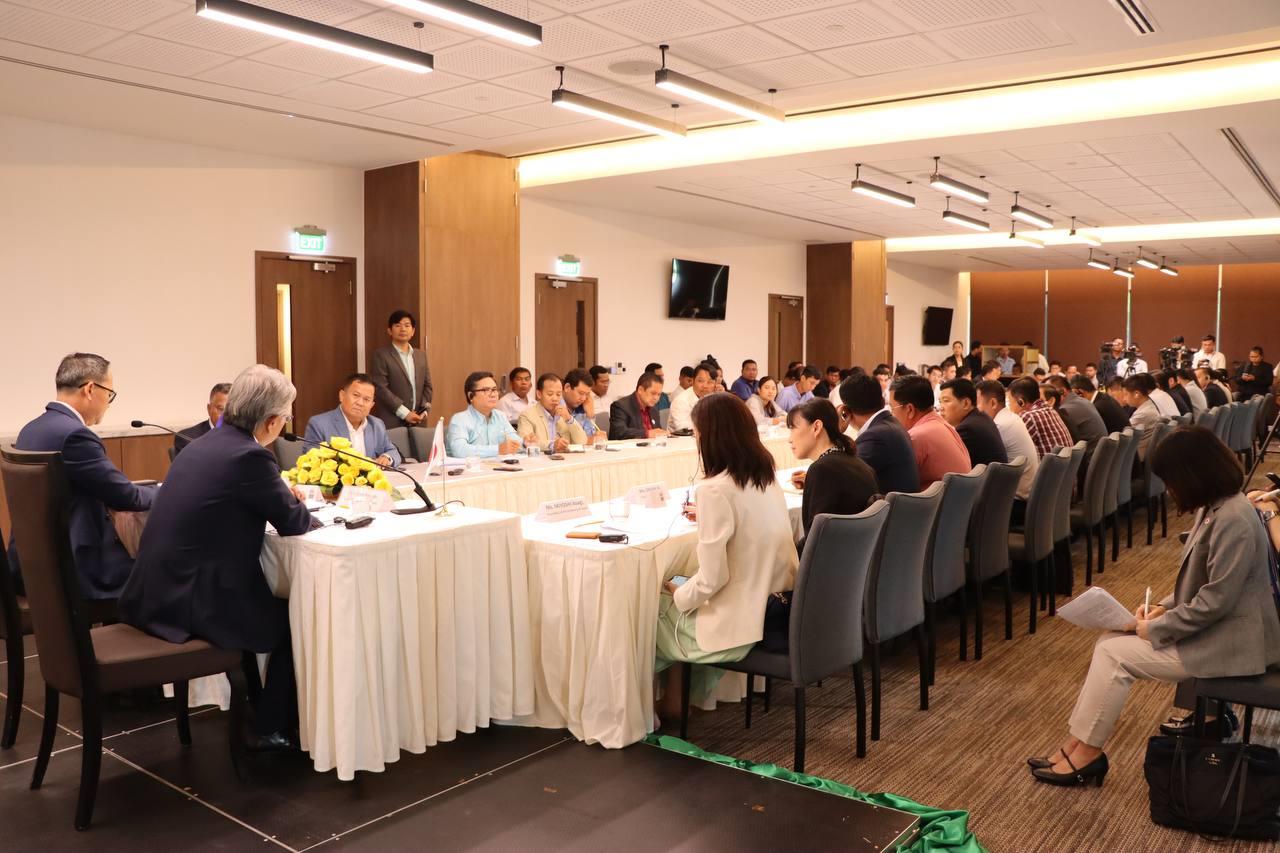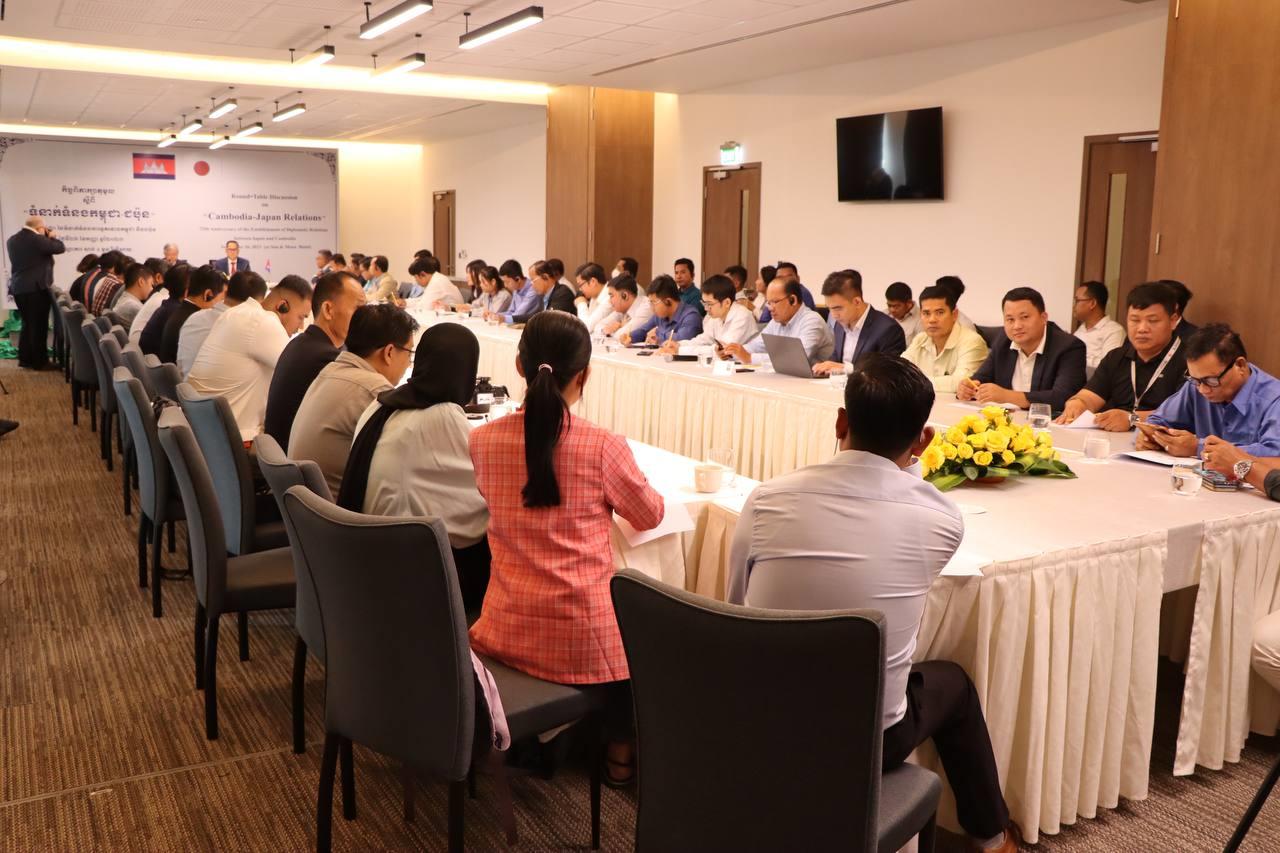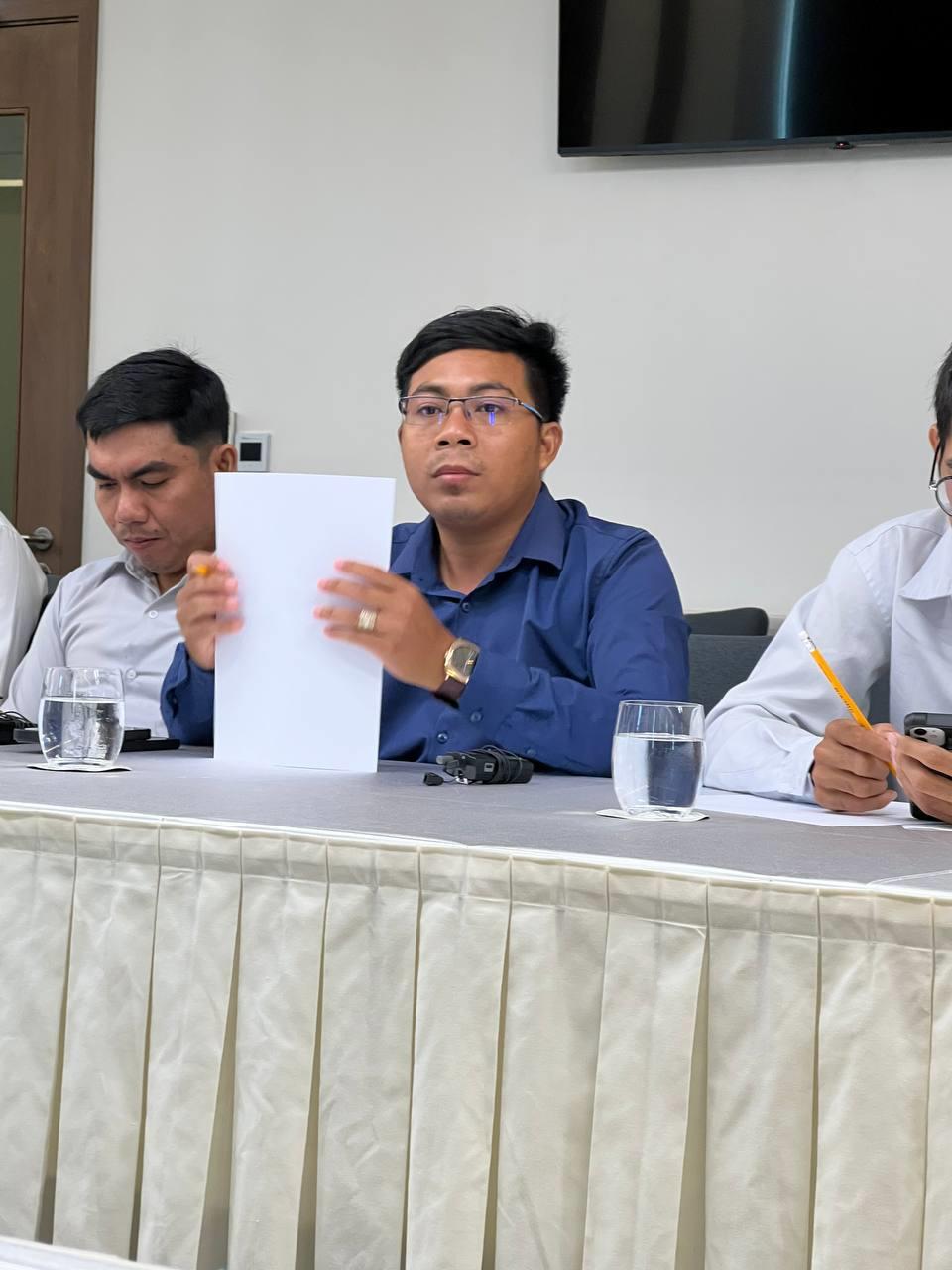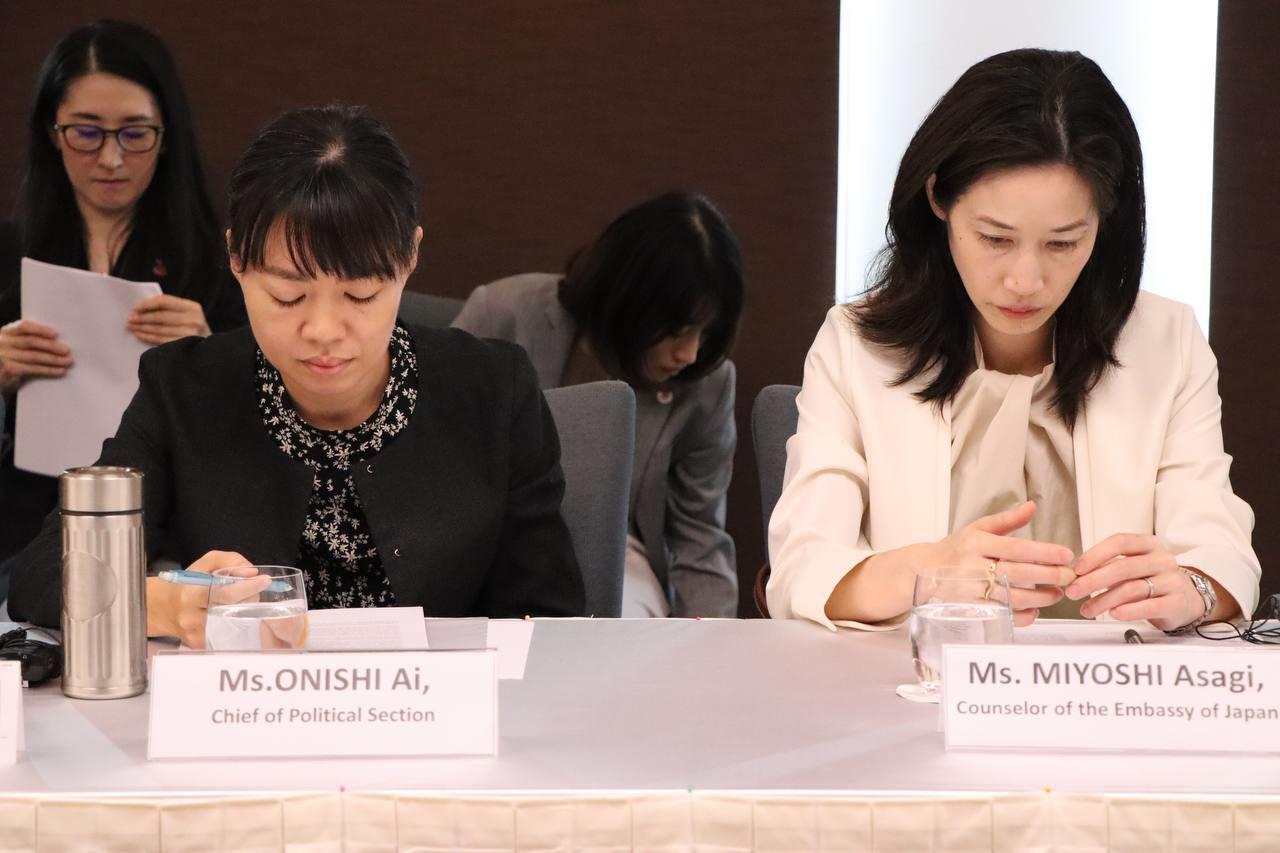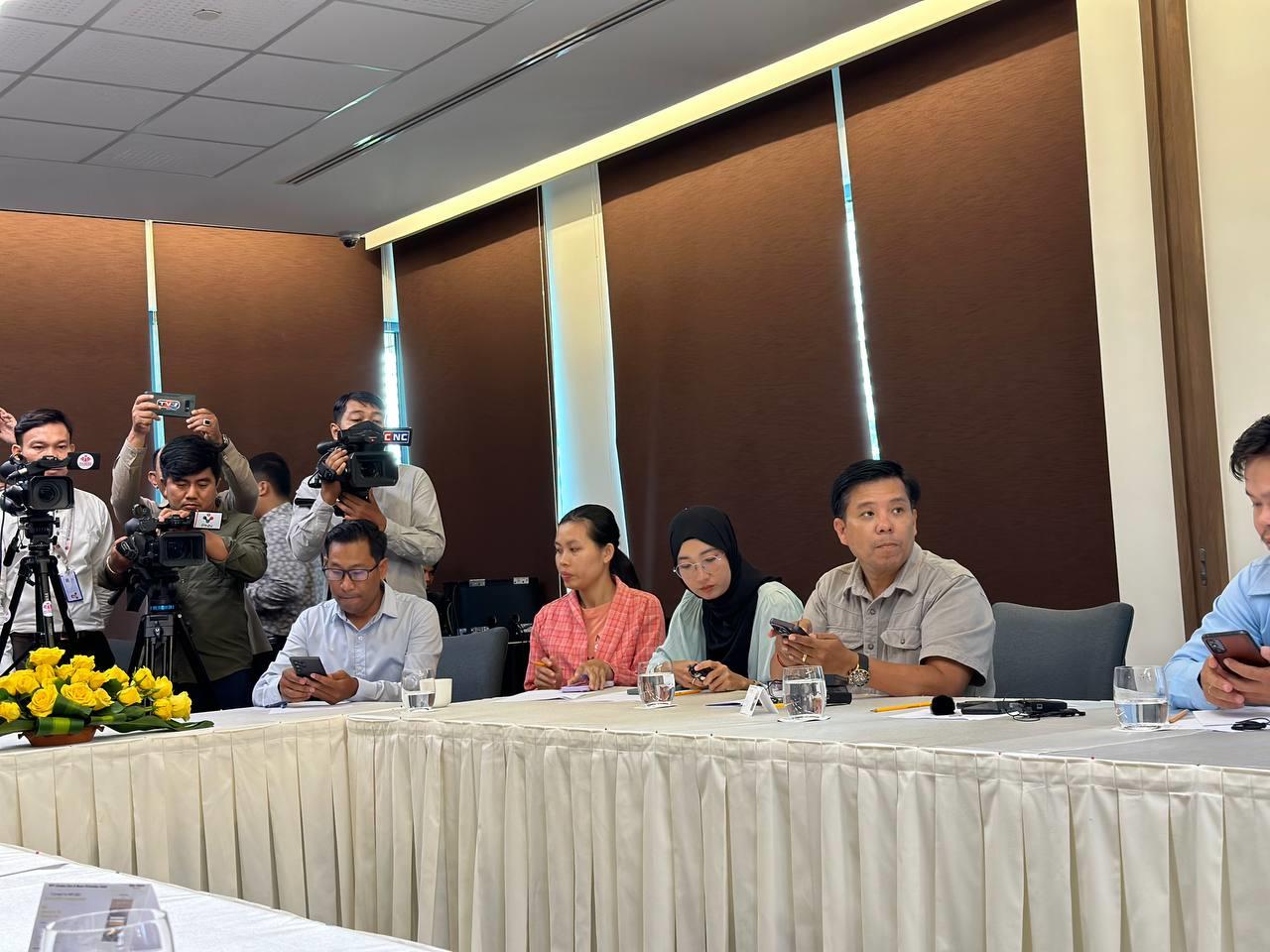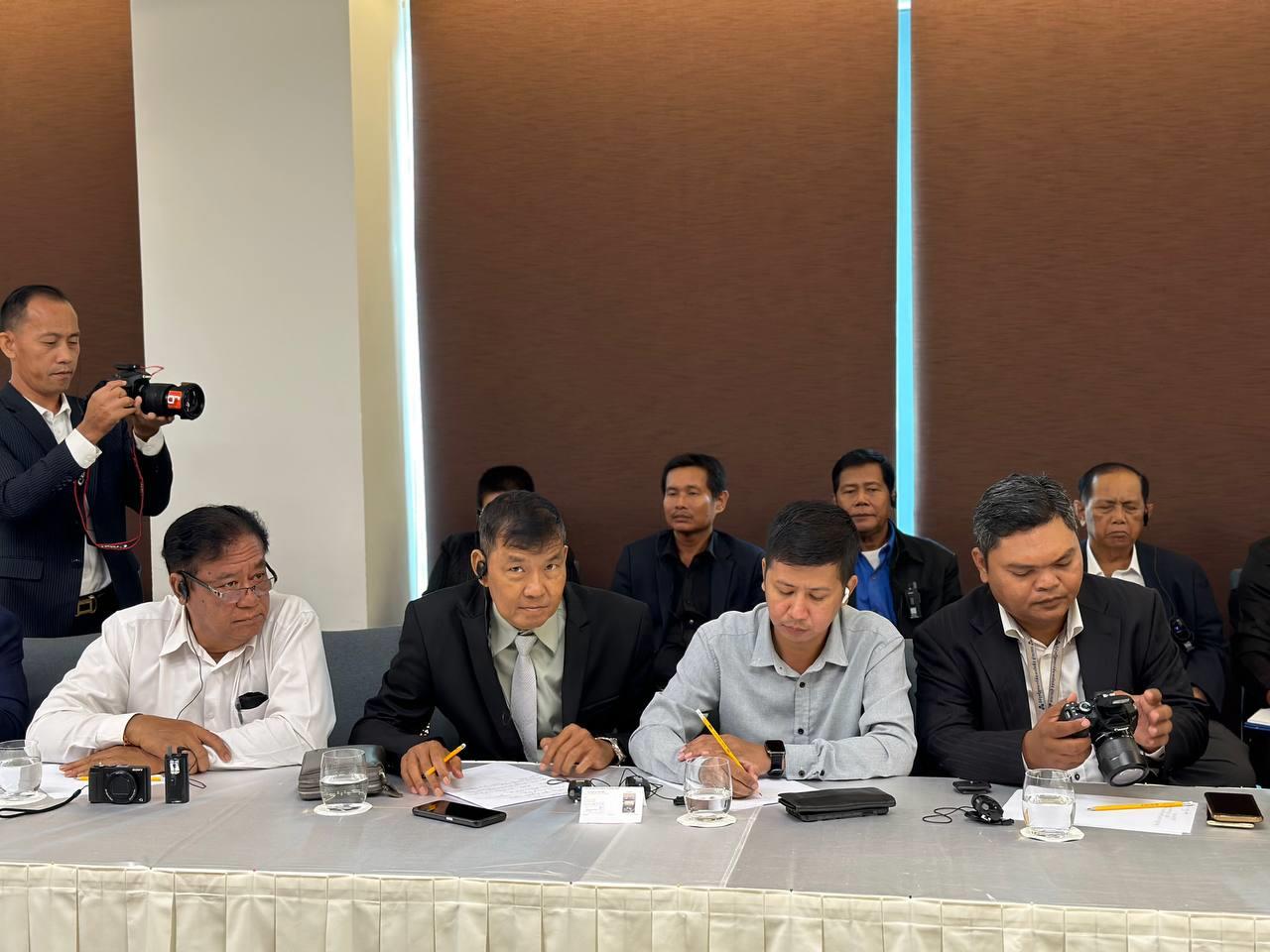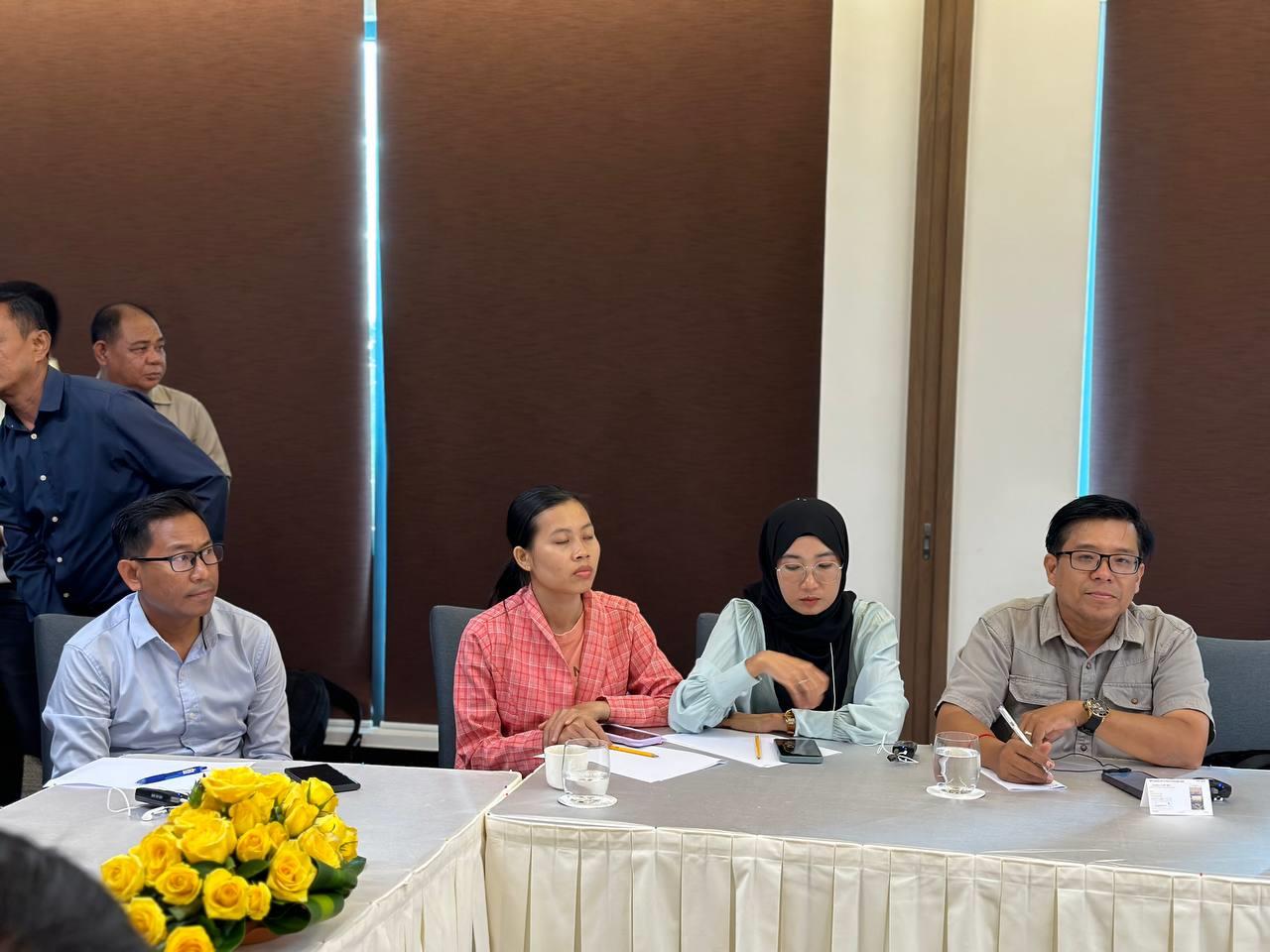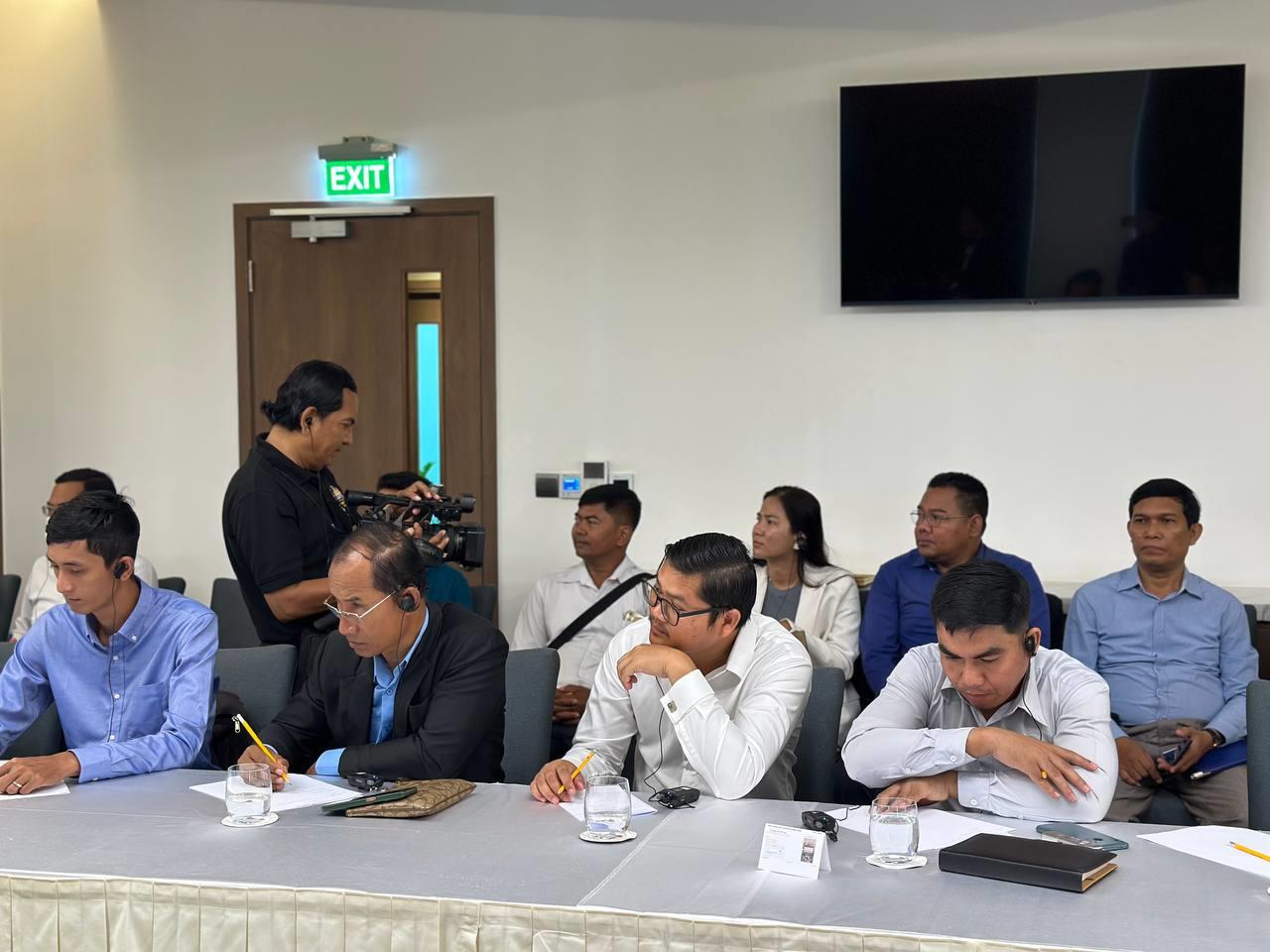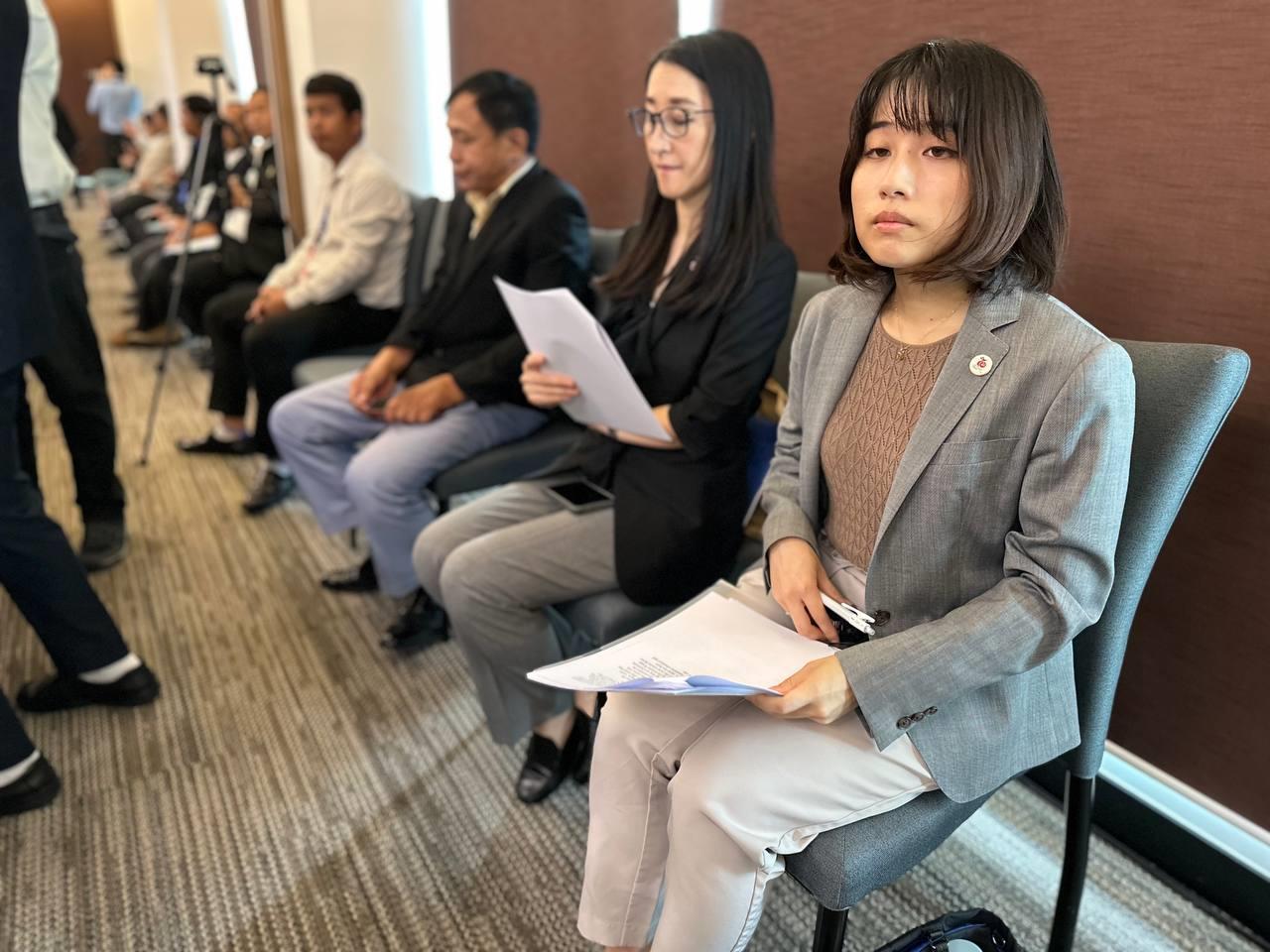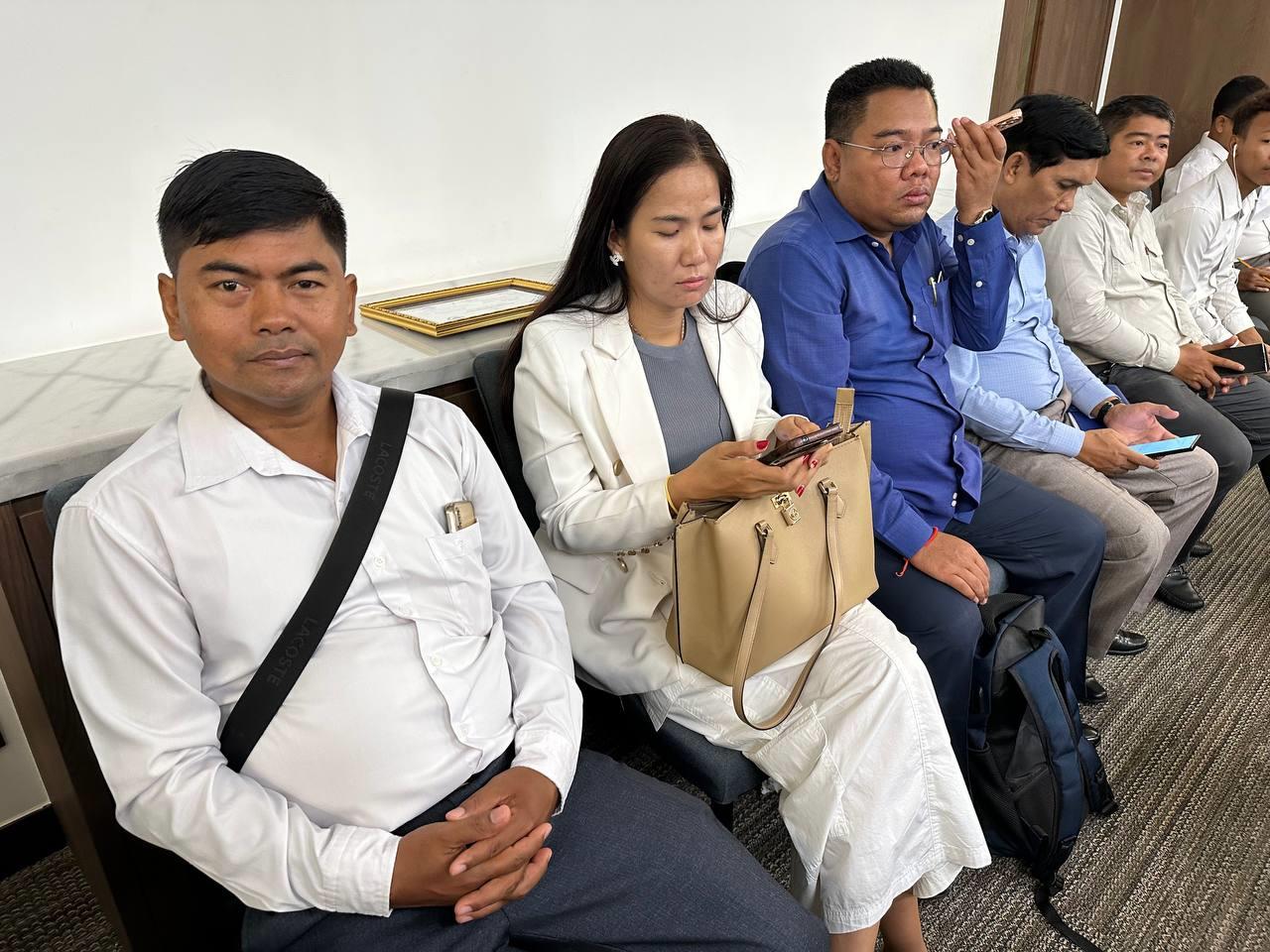Phnom Penh (FN), Sep. 27 – 2023 marks the 70th anniversary of the establishment of diplomatic relations between Japan and Cambodia, which began in 1953.
Speaking at a Round-table Discussion on "Cambodia-Japan Relations on 26 September 2023 at Sun & Moon Hotel, Japanese ambassador to Cambodia Ueno Atsushi highlighted three key aspects to reflect the 70 years of cooperation, which are summarized as follow:
First, the history of interactions between Japan and Cambodia can be traced back to the early 17th century, at least that is as far back as can be confirmed. There have been many and varied examples of exchanges and engagements since then, but diplomatic relations between the two countries were officially established on 9 January 1953. This was 10 months earlier than Cambodia's declaration of independence. Relations between the two countries continued to develop steadily through the 1950s and 1960s but temporarily stagnated in the 1970s and 1980s, due to the civil war in Cambodia.
What has shaped the highly positive relationship that Japan and Cambodia have today is Japan's active involvement in the peace and reconstruction process in Cambodia during the late 1980s and early 1990s.
Japan hosted the Cambodia Peace Conference in Tokyo in 1990, a major turning point that led to the signing of the Paris Peace Agreements in 1991. After the establishment of the United Nations Transitional Authority in Cambodia (UNTAC) in 1992, which was led by the Japanese representative Akashi Yasushi, Japan fully deployed its self-defense forces, made up of civilian and police personnel, for the first time to UN peacekeeping operations. During that time, two Japanese citizens engaged in UNTAC activities were, unfortunately, shot and killed. Many Cambodians still remember them and their sacrifice.
Japan has assisted Cambodia in achieving peace and has supported the country’s reconstruction since the civil war. Japan assistance has included programs to support the development of democracy, as well as socio-economic development in Cambodia.
The most notable example of Japanese support is the restoration of the Chroy Changvar bridge, commonly known as the Nihonbashi bridge, that spans the Tonle Sap River in Phnom Penh. Nihonbashi was originally built, with Japanese assistance, in 1963, but its central section was blown up during the civil war. However, the bridge served as a particularly important connection between the capital city, Phnom Penh, and the northeastern provinces. Above all, the bridge symbolized the reconstruction of the country, and this is why the restoration of the bridge was the first Japanese assistance project in Cambodia after peace was achieved.
In addition to the Nihonbashi, other major bridges have been constructed with Japanese assistance. These include the Kizuna Bridge, built in 2001 over the Mekong River in the provincial capital of Kampong Cham Province, and the Tsubasa Bridge, built in 2015 over the lower Mekong River and linking Kandal Province with the town of Neak Loeung in Prey Veng Province.
Japan's assistance to Cambodia is wide ranging and includes the development of basic infrastructure, such as roads and bridges, water supplies and health care and education systems, as well as other areas that affect people’s quality of life. In addition, immediately after peace was achieved, the Japanese government began providing opportunities for many Cambodian students to study in Japan, believing that, as Cambodia lost many of its intellectuals through genocide during the Khmer Rouge era, the development of human resources would be the most crucial factor for the reconstruction of Cambodia. Furthermore, Japan has been cooperating with Cambodia for many years on landmine clearance and the preservation and restoration of the Angkor site.
Second, 2023 marks the 70th anniversary of the establishment of diplomatic relations between Japan and Cambodia.
2022 was also a special year, in terms of Japanese-Cambodian relations. This is because both prime minister Kishida Fumio and Samdech Techo Hun Sen visited each other’s countries twice. Four summit meetings were held during the year and, at the fourth summit meeting last november, it was agreed that the existing bilateral relationship would, from this 70th anniversary year, be upgraded to a “Comprehensive Strategic Partnership”.
On the occasion of the ASEAN-related summit meetings in Jakarta on 7 September 2023, prime minister Kishida and Samdech Thipadei Hun Manet held a memorable first summit meeting to discuss cooperation across various fields, including regional affairs and Cambodia’s future under the Comprehensive Strategic Partnership. They agreed to work even more closely together as comprehensive strategic partners in the identified areas and in response to regional and international situations.
While Japan supports Cambodia's economic and social development through Official Development Assistance (ODA), private investment, and NGO activities, the Cambodian side has consistently supported Japan's position on policies that are of importance to Japan, such as UN security council reform and the resolution of the North Korea abduction issue. Recently, Cambodia was the first ASEAN member country to express its support for the Free and Open Indo-Pacific (FOIP) that was proposed by Japan. Most recently, on 3 September 2023, the Cambodian Ministry of commerce announced that it would not restrict imports of fishery products from Japan following the release of ALPS treated water from the Fukushima Daiichi nuclear power plant, a decision that many Japanese people appreciated very much.
One area where cooperation has progressed rapidly over the past few years is defense and security. Last year there were active exchanges between senior officers from the Japanese self-defense forces and the Royal Cambodian armed forces. In addition, vessels from the Maritime Self-Defense Force called at Sihanoukville Autonomous Port, on two occasions last year and on two further occasions this year.
On the economic front, trade between Japan and Cambodia, which totaled only 1.6 billion yen in imports and exports in 1991, had grown to be more than 200 times larger by 2022. The number of member companies at the Japan Business Association of Cambodia (JBAC) has also increased, from 50 in 2010, to more than five times that in 2022. Japanese companies are also actively investing in Cambodia and, in recent years alone, several large-scale projects have been launched, including the opening of the Aeon Mall 3, the operation of a third plant by Sumitomo Wiring Systems, and the establishment of a Toyota vehicle assembly plant by the Toyota Tsusho Corporation.
Third, the Comprehensive Strategic Partnership is not only a relationship between Japan and Cambodia in a bilateral context. Nor is it a relationship where one side does something to, or for, the other, but, rather, it is a relationship where both countries work together, as partners, to address common regional and international challenges. Under this new partnership, Japan and Cambodia should work more actively than ever before for peace and prosperity in the region and the international community.”
This relationship is symbolized by the joint Japanese and Cambodian effort, which took place in January and July 2023, to train Ukrainian demining personnel in the use of landmine detection equipment. This initiative was highly appreciated by the international community. Cambodia now provides demining assistance, not only to Ukraine, but also to Iraq, Colombia, and other countries.
It should be noted that Japan's first fully-fledged participation in UN Peacekeeping Operations (PKO) activities was in Cambodia, and Cambodia is now, itself, a PKO country. In fact, Cambodia has, since 2006, sent a total of more than 8,000 personnel to take part in UN PKO activities.
Both demining activities and participation in UN peacekeeping operations are peacebuilding initiatives.
there is significant potential for Japan and Cambodia to cooperate, as partners, in these peace-building areas for the benefit of the region and the international community.
In terms of economics, Cambodia is located in the heart of the Mekong region, with the southern economic corridor connecting Thailand and Vietnam running through the middle of the country. Therefore, Japan have long been working on utilizing ODA to improve connectivity, both within Cambodia and with neighboring countries. Japan is confident that increasing investment in Cambodia by Japanese companies will help develop bilateral economic relations and greatly contribute to the development of the Mekong region as a whole and the partnership between Japan and Cambodia can play a role in this regard as well.
Japan will continue, as a partner, to support Cambodia's involvement with local and international communities in order to assist Cambodia's own development and ensure that Japan and Cambodia remain comprehensive strategic partners, both in name and in substance.
=FRESH NEWS
